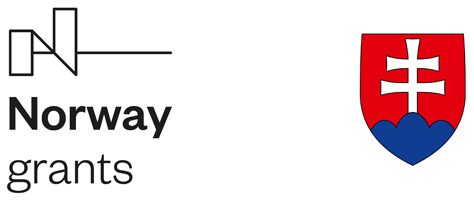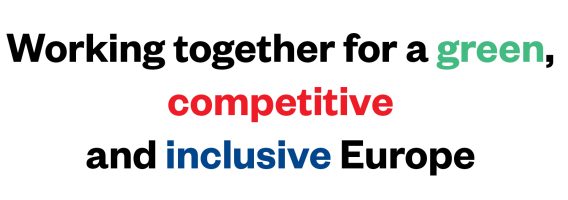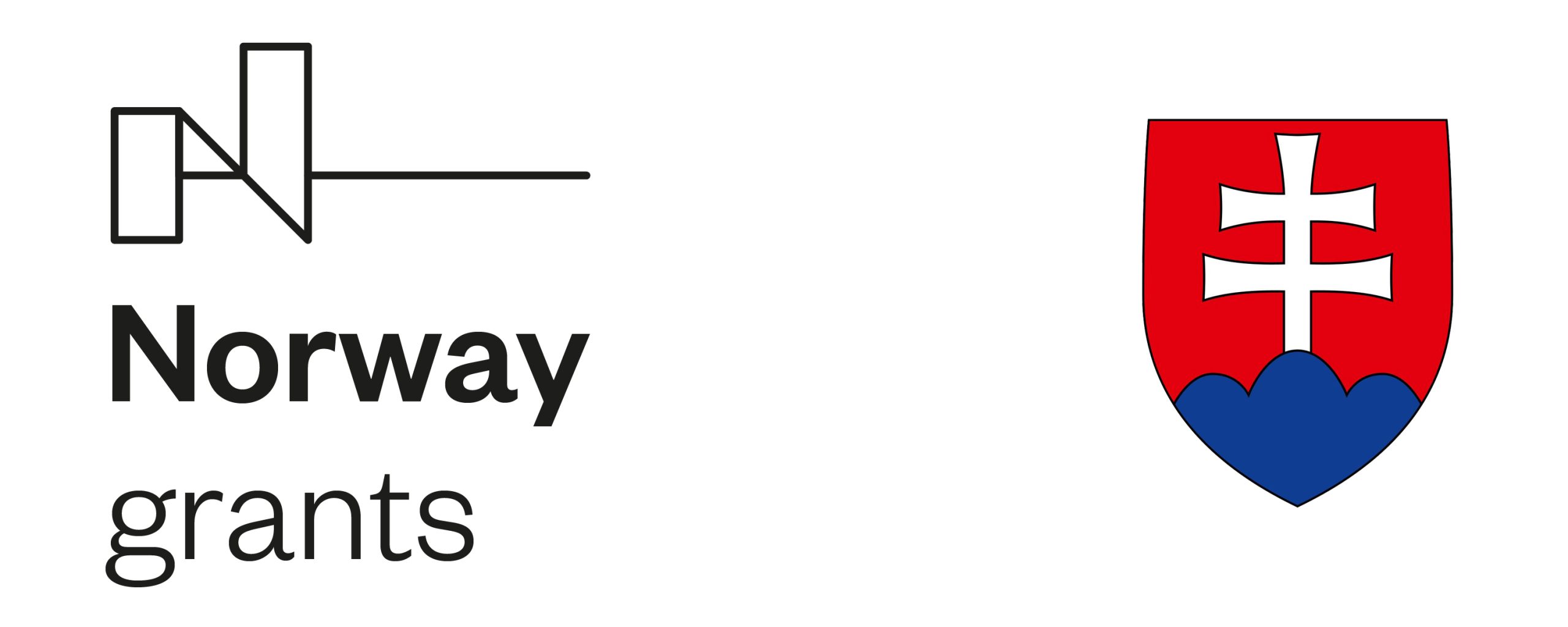
The Inclusive neighborhoods project
The Inclusive neighborhoods benefits from a 776 200,00 € grant from Norway through the Norway Grants. The project has been co-financed from the State Budget of the Slovak Republic in the amount of 116 430,00 €. The aim of the project is to improve the quality of life of people living in marginalized Roma communities through creation of new functional neighborhoods in Kecerovské Kostoľany, Vtáčkovce, Boliarov, Bačkov, and Bôrka.
The Norway Grants represent Norway’s contribution towards a green, competitive and inclusive Europe. Through the Norway Grants, Norway contributes to reducing social and economic disparities and to strengthening bilateral relations with beneficiary countries in Central and Southern Europe and the Baltics.
Norway cooperates closely with the EU through the Agreement on the European Economic Area (EEA). Together with the other donors, Norway has provided €3.3 billion through consecutive grant schemes between 1994 and 2014. Norway Grants are financed solely by Norway and are available in the countries that joined the EU after 2003. For the period 2014-2021, the Norway Grants amount to €1.25 billion. The priorities for this period are:
#1 Innovation, Research, Education, Competitiveness and Decent Work
#2 Social Inclusion, Youth Employment and Poverty Reduction
#3 Environment, Energy, Climate Change and Low Carbon Economy
#4 Culture, Civil Society, Good Governance and Fundamental Rights
#5 Justice and Home Affairs
All projects are co-financed by the State Budget of the Slovak Republic in the amount of 15%.
„If you want to know more about programmes and projects financed by the Norway Grants in Slovakia, visit www.norwaygrants.sk.“
The Inclusive neighborhoods – Project
Inclusive Partnership Project is a tool for complex solution of problems of marginalized Roma communities. Our rich experience in the field housing of these community shows that individual issues are mutually interconnected, influence each other and create so-called causal vicious circle. For example, the absence of adequate housing influences the employability of people and also vice-versa – the inability to get a job causes the lack of ability to get adequate housing. The low level of formal education influences not only the style of financial management in the new household but also the way how they take care of the new house and vice-versa the indecent housing conditions cause failures of children in formal educational system (no space to do the homework, no space for proper sleep, hunger – this all has a huge impact on the school results of children). That is why we understand that for solution of deep social exclusion, we need a complex and directed approach especially in the area of housing, employment and education. We consider housing the key area to focus on.
According the Atlas of Roma Communities in Slovakia in 2019, there are up to 300,000 people living in marginalized communities. The Košice region (the one the project will be implemented in) is the first when we talk about the share of Roma in overall population (16 %). This document states that Roma dwellings are excessively over-crowded and have very limited access to technical infrastructure. There is a historical problem with the fact that Roma settlements are located on lands with disputed ownership. Only 30 % plots in Roma settlements are owned by Roma people. In comparison with majority population, this is a large disproportion because the ownership of housing in Slovakia is up to 95%.
Inclusive Partnership Project is based on the idea that effective and sustainable solution of housing of vulnerable groups of people needs a holistic approach impacting all important spheres of life. It is based on “housing ready” approach in social work and lies in the combination of addressed social work and education with secured space for living.
In this project, we are focusing on selected locations – villages Kecerovce, Vtáčkovce, Boliarov, Bačkov, and Bôrka – all located in Košice region. In all these villages, Roma lives in segregated concentrated settlement suffering from deep poverty. The high unemployment rate, low formal education, catastrophic housing conditions and frequent occurrence of socio-pathological phenomena are typical for all of them. We are already working for one year with these villages and their representatives showed the willingness to solve the issue of Roma settlements in a complex way.
Main goal
Main goal of this project is to improve the quality of life of people living in marginalized Roma communities through creation of new functional neighborhoods in Kecerovské Kostoľany, Vtáčkovce, Boliarov, Bačkov, and Bôrka. This goal will be reached through the implementation of inclusive measures in elementary areas of life such as housing, employment, and education.
Project activities
Project activities are based on combination of the program of self-help construction of family houses with intensive social work and education. We are already active in five villages, where the project will be implemented, we have already started to work with families, preparing them for the construction of their own legal house. All the clients must go through the preparation phase and financial literacy education together with the saving phase so that they could qualify for a housing micro-loan. Consequently, we will provide the clients with the assistance during the construction phase, we will help municipalities to secure necessary technical infrastructure for new neighborhoods. Provision of job counselling is also part of the process. As an innovation, in this project we will interconnect the housing topic with the early care and intervention for children.

